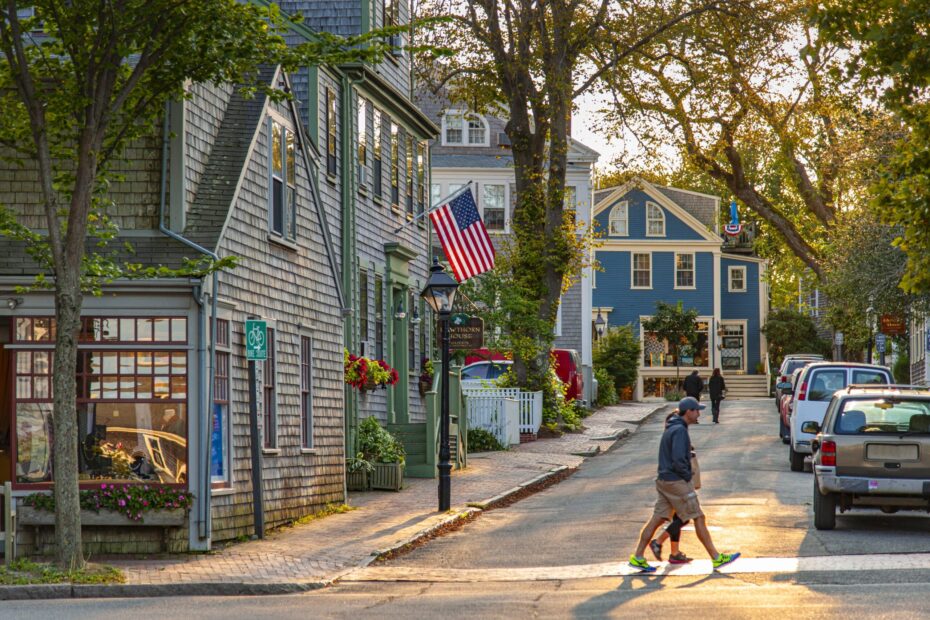When a Massachusetts Land Court judge took up the vexing question of short-term rental (STR) regulations in Nantucket in March 2024, residents hoped that years of contentious debate might finally be resolved.
Instead, what locals now call “the bombshell ruling”—followed by an even more restrictive decision in June 2025—has created additional uncertainty and higher stakes.
The judge found that Nantucket’s zoning bylaw “does not allow short-term rentals as a principal use of a primary dwelling,” effectively rendering many vacation rentals on the island illegal overnight.
Now, with a Nov. 4 vote looming, the people of Nantucket may finally have a resolute decision on whether vacation rentals will operate on one of America’s priciest islands.
The stakes are high. With houses that can command $100,000 in weekly rental income and a tourism-dependent economy built on vacation accommodations, the decision will determine not just how property owners operate, but the island’s economic future.
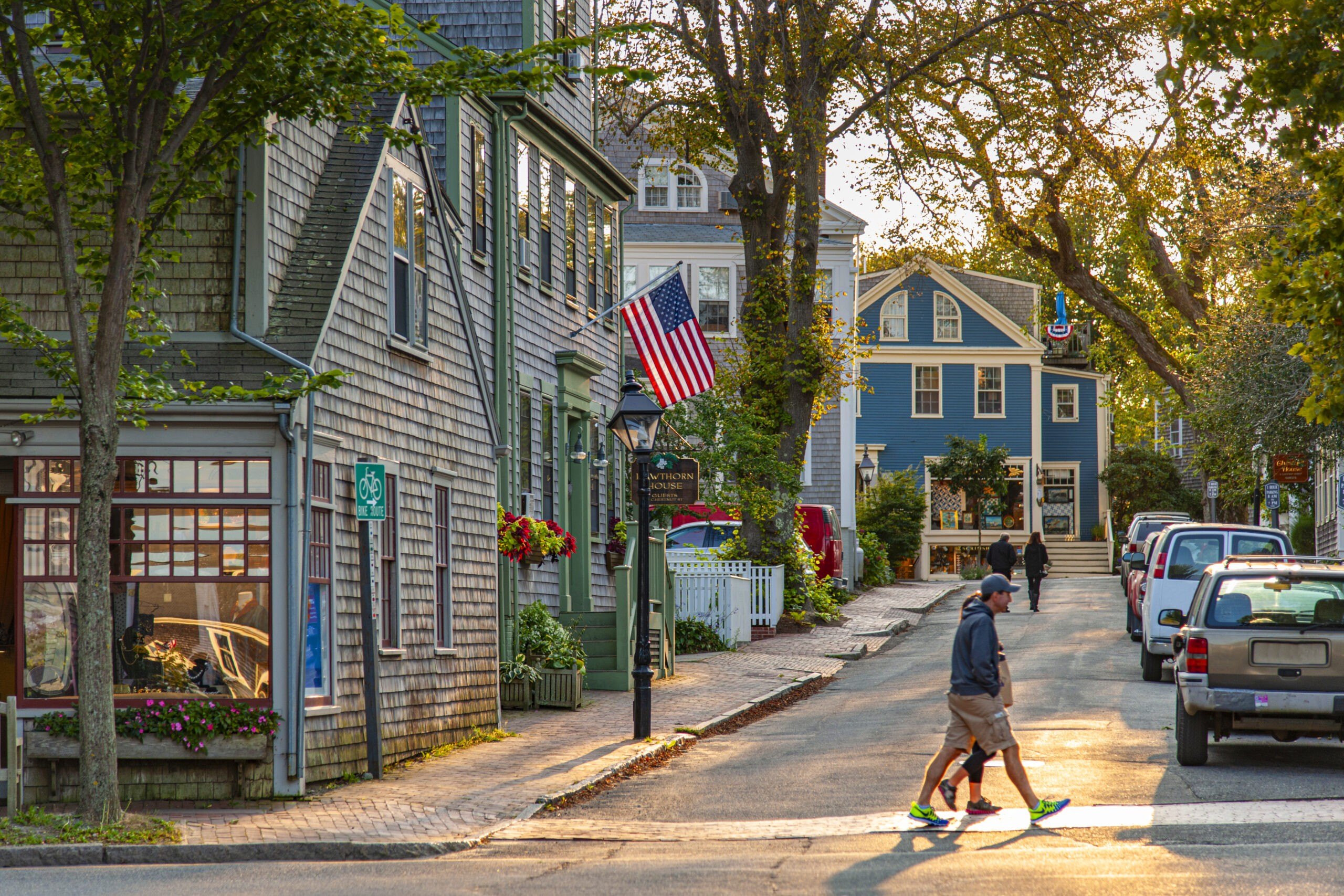
How we got here: A ‘bombshell’ ruling
For years, the status quo on Nantucket was as it is in many vacation destinations around the country: a free-for-all of renting. That is until one homeowner sued their neighbor for running what they argued was a business in a residential zone—a property that generated income but was never occupied by its owner. The constant churn of visitors to the rental impeded her ability to enjoy her own home, she said.
The homeowner, Cathy Ward, sued neighbors Peter and Linda Grape and the town’s Zoning Board of Appeals in February 2022 after the board rejected her request for an enforcement action. When the community proved unable to resolve the escalating dispute, town officials turned it over to Massachusetts Land Court Judge Michael Vhay, who issued his ruling in March 2024.
“He read the law as it is written, verbatim. He said, ‘No, there’s nothing in here that says they are legal.’ He could have said there’s nothing in here that makes them illegal, but he didn’t,” explained Shelly Lockwood, a longtime Nantucket real estate agent who, like many locals, has been closely following the debate.
“That was enormous,” she says. “We didn’t see that coming. We’ve been renting private homes for more than 100 years on Nantucket.”
Yet Lockwood sees the ruling as ultimately positive. “I think that it caused us to stop fighting and come to a consensus,” she says.
And yet, the March ruling left room for interpretation: While STRs weren’t allowed as a “principal use,” they could potentially be permitted as an “accessory use”—meaning secondary to the owner’s residential use of the property. Vhay remanded the case back to the Zoning Board of Appeals to determine whether the Grapes’ rental qualified.
In September 2024, the ZBA voted 4-1 in favor of the property owners, ruling that their STR was indeed a permissible accessory use. The decision seemed to offer a path forward for STR operators across the island.
But the situation grew more complicated in June 2025, when Vhay issued a second, more restrictive ruling. This time, he found that STRs under 31 days are prohibited entirely in the Residential Old Historic (ROH) district—a significant portion of downtown Nantucket—unless the owner lives in the home and rents out only individual rooms. The town announced it would appeal, but the island has been in limbo ever since.
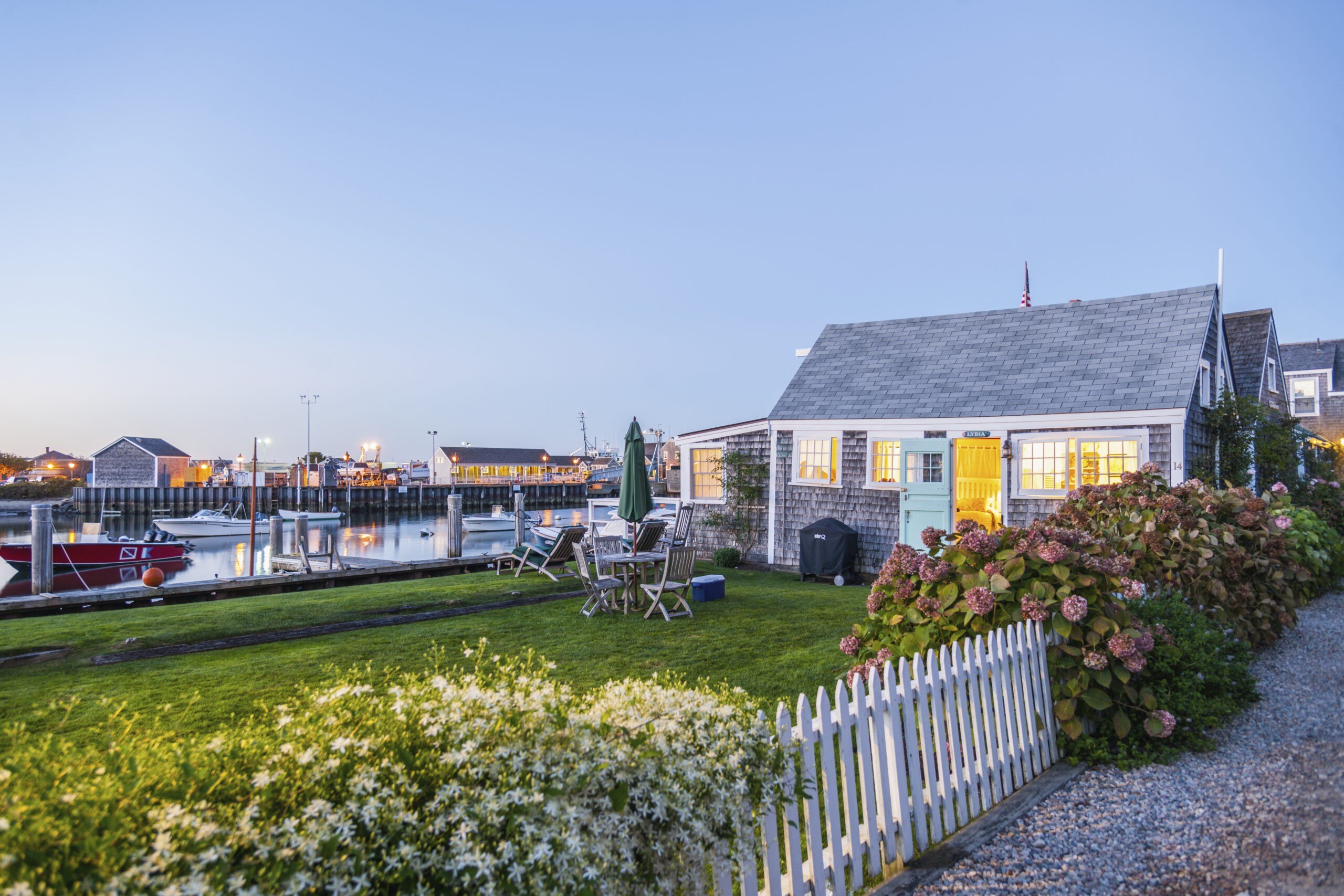
True democracy, but no resolution
Nantucket’s political gridlock is partly a function of its unique democratic structure. The island operates through town meetings where residents vote directly on bylaws rather than through elected representatives.
But that democratic process has also led to an impasse. The island has voted on STR regulations six times in recent years, with zoning changes repeatedly failing to achieve the required supermajority.
“We have rammed full codification down the voters’ throats for six years now, and it’s failed every year,” Dave Iverson, Planning Board chair, said in comments shared with residents. “If the voters have rejected full codification that many times, we need to offer them a better option.”
That “better option” has hopefully materialized as two competing articles on the Nov. 4 ballot, each offering a drastically different vision for the island’s rental future.
Article 1 would explicitly legalize short-term rentals across all residential zones with virtually no restrictions. It’s essentially a codification of how things have operated for decades—a preservation of the status quo that property owners and real estate professionals largely support.
Article 2 takes a more restrictive approach. It would allow STRs islandwide but cap them at 70 days annually, with additional summer restrictions: Between June 15 and Aug. 31, rentals would be limited to seven-day minimum stays with only seven turnovers allowed. The measure aims to reduce what locals call “the churn”: the constant parade of guests, cleaners, and landscapers that can disrupt residential neighborhoods.
The investor class issue
What’s driving this push for restrictions? Lockwood points to a fundamental shift in Nantucket’s rental market that occurred in recent years, particularly accelerating during COVID-19.
“People used to buy here and they rented out their house, but they lived in it,” she says. “They came down in the spring, or they came down in the fall, or they came down at Christmas. It was their family home, and they rented it in the summer to make some money.”
But as rental income soared, with prime properties now generating hundreds of thousands of dollars annually, a new dynamic emerged: investor groups purchasing homes purely for rental income, sight unseen.
“We got an investor class that we never had before,” Lockwood says. “This is where it took a turn.”
For investors, Nantucket is an attractive alternative to traditional portfolios. For residents, it means living next to a revolving door of vacationers with no resident owner to hold accountable.
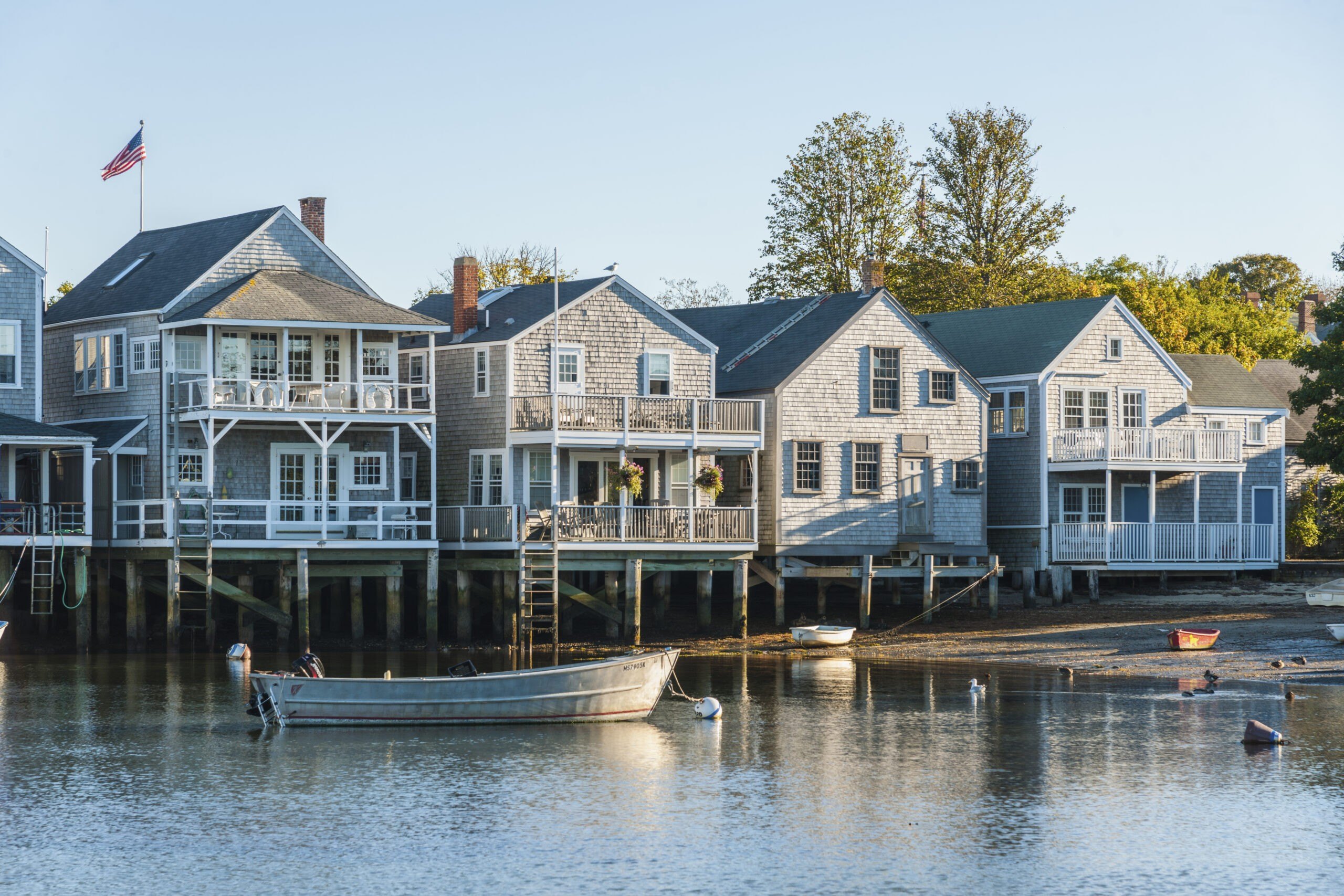
Tourism isn’t on the ballot
Despite the heated debate, there’s broad agreement on one fundamental point voiced by many locals: Nantucket needs its tourist economy.
“Nantucket’s economy is dependent on tourism. Rental homes are required. They’re essential to our economy. We all know this,” Lockwood emphasizes. “No one wants to stop short-term rentals on the island.”
The island voted decades ago to ban hotel chains, meaning vacation rentals are critical infrastructure. Year-round residents, from landscapers to restaurant workers to shopkeepers, depend on summer tourist dollars to sustain them through the quiet winter months. The influx of money also supports the high-end amenities that the island’s wealthier residents want and expect.
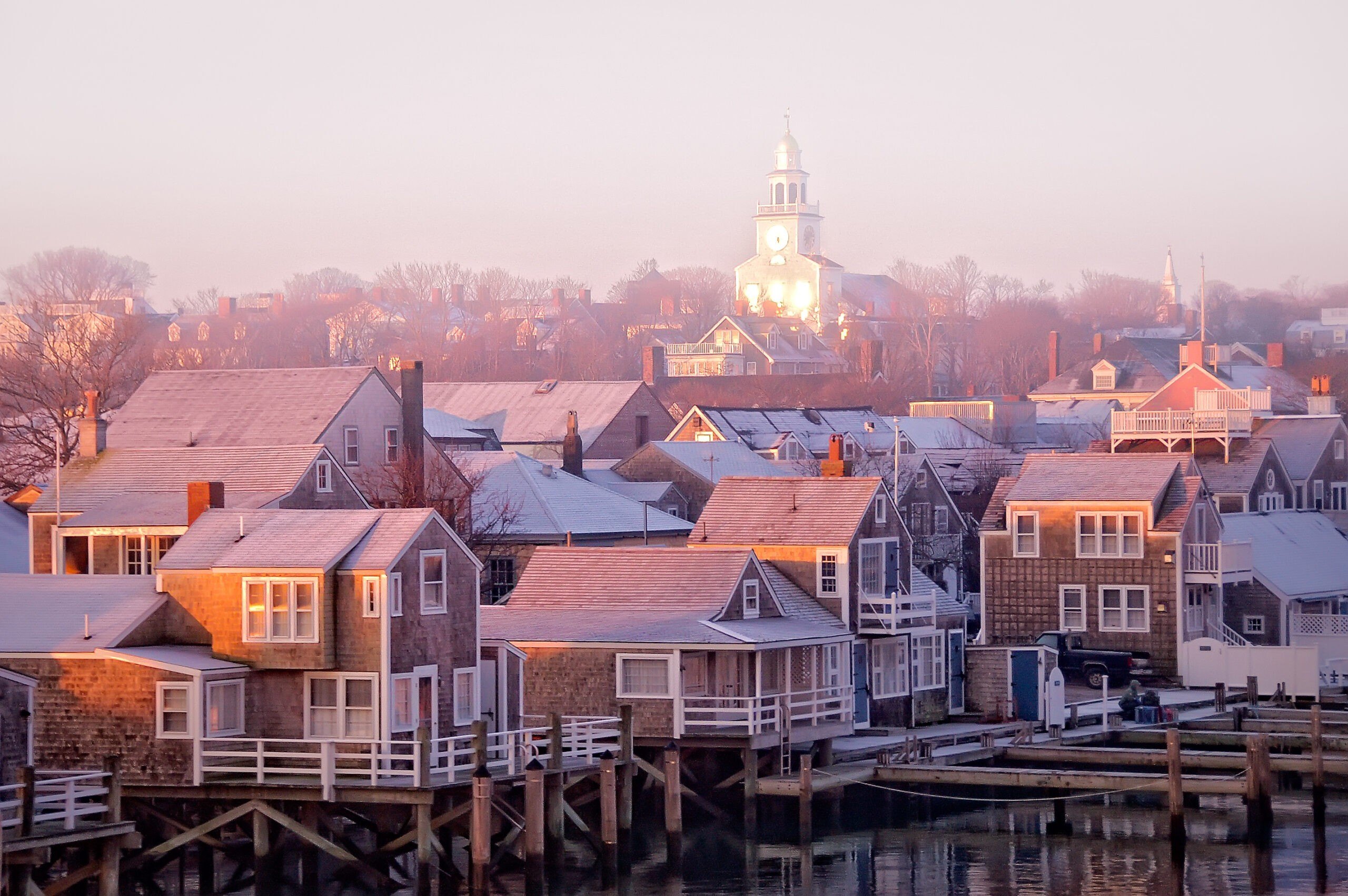
Will the next vote matter?
As Nov. 4 approaches, the island waits to see whether years of debate will finally reach resolution. If Article 2 passes with its 70-day cap and summer restrictions, property owners who purchased based on unlimited rental income could face difficult financial decisions. If Article 1 passes, or if both measures fail, the legal uncertainty continues.
But after many failed votes, multiple court rulings, and Zoning Board decisions that were ultimately overturned, it’s valid to question whether any outcome will truly settle the matter this time around. On a small island with limited resources, enforcement of regulations—whatever they may be—presents its own set of challenges.
What’s clear is that Nantucket’s struggle reflects tensions playing out in communities elsewhere, including Colorado ski towns and California beach cities. As STR income has transformed vacation homes from supplemental income sources into full-fledged investment vehicles, communities are wrestling with how to preserve their residential character while maintaining the tourism economies they depend on.
For Nantucket, the answer may come Nov. 4.
